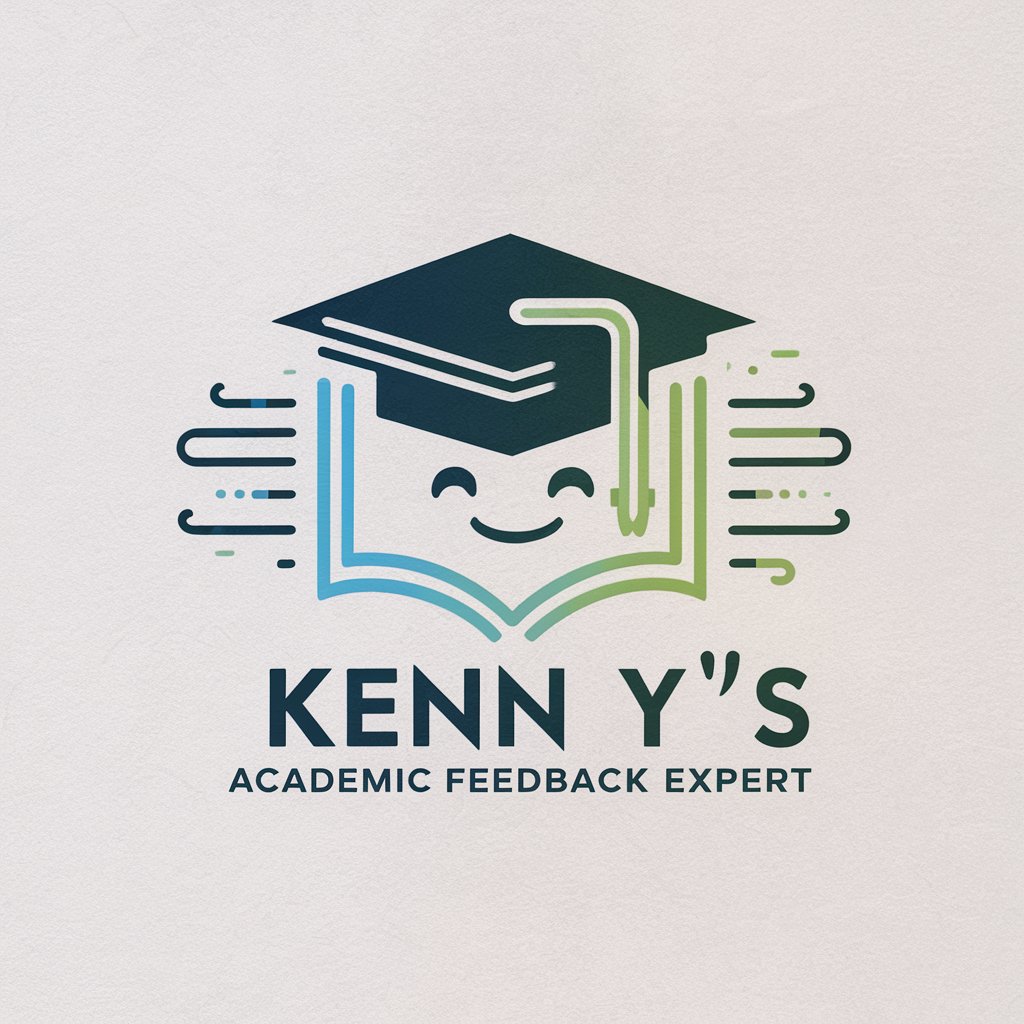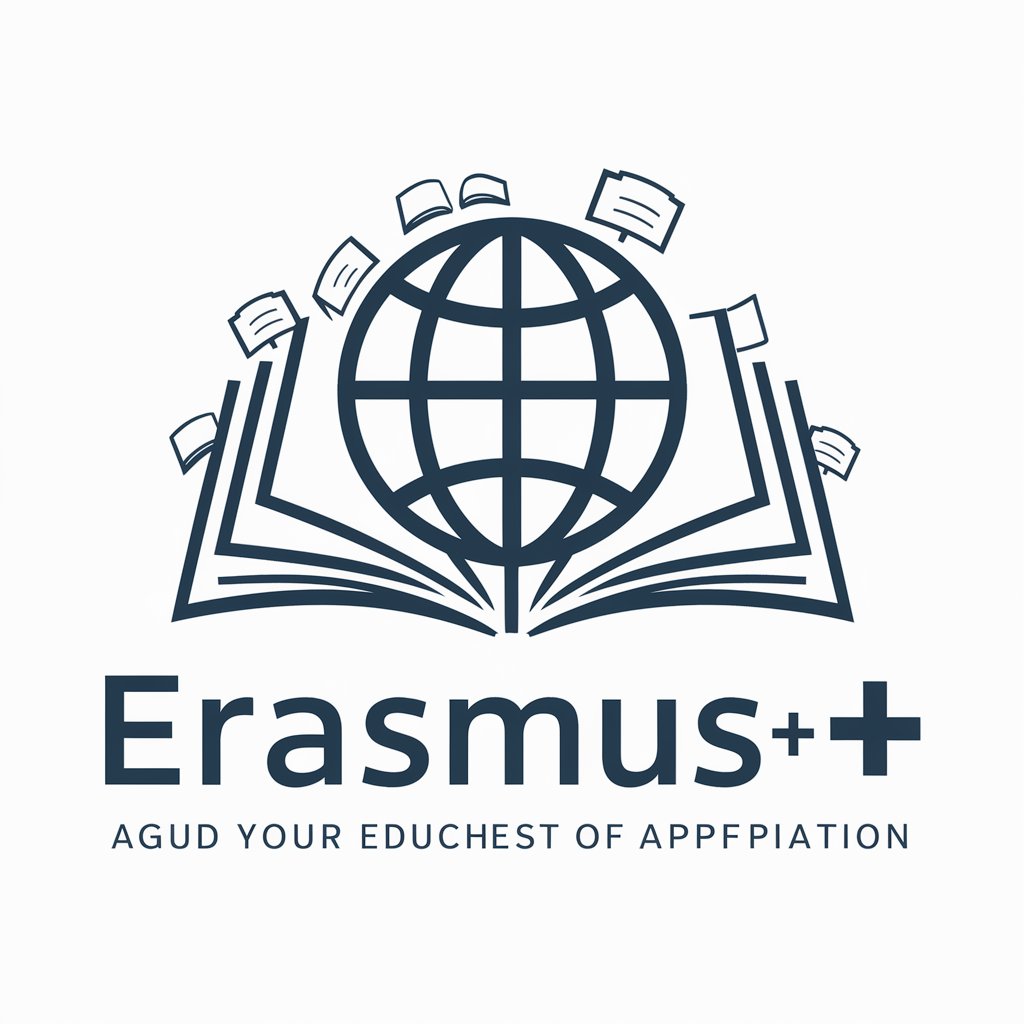Cooking for Health: Restless Legs Syndrome - RLS Dietary Management Tool
Eat Right, Rest Better
What is the Restless Legs Syndrome
What can this GPT do: An overview
Weekmenu, Shoppinglist and Mealprep plan
Suggest 5 ways to use this GPT
Get Embed Code
Overview of Cooking for Health: Restless Legs Syndrome
Cooking for Health: Restless Legs Syndrome (RLS) is a specialized tool designed to help individuals manage symptoms of RLS through dietary adjustments. This service focuses on providing tailored nutritional advice, emphasizing foods rich in iron, magnesium, and folate—nutrients known to potentially alleviate symptoms of RLS. Users can receive personalized meal plans and recipes that suit their dietary preferences and restrictions. For example, if a user is vegetarian and suffers from RLS, the service can propose a plan that includes high-iron vegetarian meals like spinach salads and lentil soups. Powered by ChatGPT-4o。

Core Functions and Practical Applications
Personalized Meal Planning
Example
For a user with RLS and a gluten intolerance, a meal plan might include quinoa salads rich in magnesium and gluten-free oatmeal fortified with iron.
Scenario
A scenario could involve a user starting a new diet and needing guidance on incorporating RLS-friendly foods within their gluten-free restrictions.
Nutritional Advice
Example
Guidance on the importance of magnesium in muscle relaxation and nerve function, with suggestions for magnesium-rich snacks like almonds and bananas.
Scenario
A user complains about worsening symptoms in the evening. The tool suggests incorporating magnesium-rich snacks in their afternoon diet to see if symptoms improve.
Recipe Customization
Example
Adapting a typical recipe to increase its folate content by adding more greens like spinach and asparagus.
Scenario
A user wants to make a family dinner that helps with their RLS but also pleases the whole family. The tool customizes a popular chicken pasta recipe to be both delicious and nutrient-dense.
Target User Groups for Cooking for Health: RLS
Individuals with Restless Legs Syndrome
People diagnosed with RLS who are looking to alleviate symptoms through diet. They benefit from understanding which nutrients can impact their condition and how to incorporate them into their daily meals.
Health Enthusiasts Interested in Prevention
Individuals interested in preventive health strategies might use the service to maintain optimal nutrient intake that supports nerve and muscle health, potentially preventing symptoms of RLS.

How to Use Cooking for Health: Restless Legs Syndrome
1
Visit yeschat.ai to start using the service for free, with no requirement for ChatGPT Plus.
2
Identify your dietary restrictions or preferences to tailor the experience to your needs.
3
Browse through the suggested recipes rich in iron, magnesium, and folate, which are essential in managing RLS.
4
Utilize the tool's interactive learning tools to understand how different foods can impact RLS symptoms.
5
Engage with the tool regularly to refine your dietary habits and track improvements in RLS symptoms over time.
Try other advanced and practical GPTs
Ema: Parenting, Women's Health, Pregnancy Coach
Empowering Your Health Journey with AI

SaaS Startup Mentor
Empowering SaaS with AI Insight

Chat GOT
Empowering conversations with AI

Hello Office Quote
Empowering Your Workday with AI

Python Prodigy Coach
Elevate Your Python Skills with AI

Kenny
Empowering Education with AI

InterviewsPrep
Master Every Interview with AI Coaching

Non-Profit Collaboration Navigator
Empowering Partnerships with AI Insight

Erasmus+
Empower your learning with AI-driven Erasmus+ guidance.

Market Mentor
Empowering Financial Decisions with AI

Tattoo Master
Transforming ideas into tattoo art, powered by AI.

AAron
Empowering Oracle Development with AI

Frequently Asked Questions about Cooking for Health: Restless Legs Syndrome
What dietary nutrients does this tool focus on for managing RLS?
The tool emphasizes iron, magnesium, and folate, which are critical for nerve health and muscle function, potentially reducing RLS symptoms.
Can I use this tool for meal planning?
Yes, it offers personalized meal planning features that consider your dietary preferences and nutritional needs specific to managing RLS.
How often should I use this tool for effective results?
Regular usage is recommended, as it helps track dietary impacts on RLS and adjusts meal plans based on feedback and progress.
Is there a way to track my progress with RLS symptoms in this tool?
Yes, the tool includes features to log your symptoms and dietary intake, allowing you to observe correlations and effectiveness over time.
Does this tool offer any support or recommendations for lifestyle changes?
It provides tips and recommendations on lifestyle adjustments that complement dietary changes, such as sleep hygiene and physical activity, to enhance RLS management.
